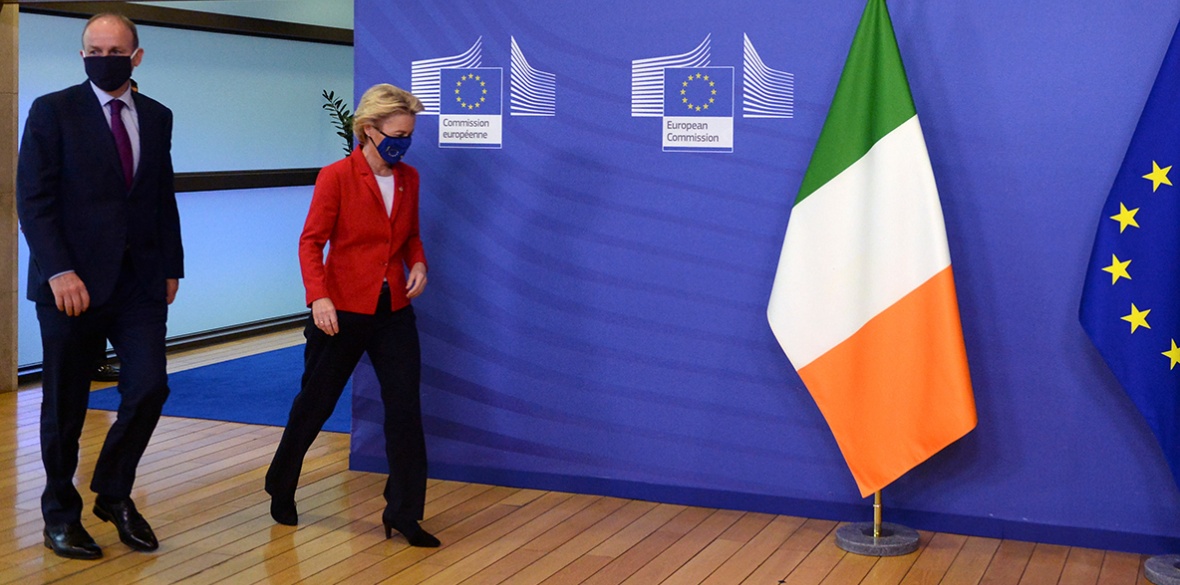THE high moral tone adopted by the EU and Britain over the UK Internal Market Bill should not distract us from the baser interests at play in these manoeuvres.
The EU’s chief negotiator Michel Barnier says the Withdrawal Agreement must be “strictly adhered to” while the more emotionally engaged Tory backbench Brexiteers talk as if the territorial integrity and national sovereignty of their beloved and disputatious United Kingdom of Great Britain and Northern Ireland is fatally compromised by the possible outcome of talks that are essentially about a trade deal.
But strip out the hyperbole and it is not quite Armageddon yet.
Britain has a month to respond to the serious-sounding letter of complaint from the EU commission, and even then the EU can take it to the European Court of Justice.
Nation states always claim sovereign rights irrespective of international obligations.
Last May, the German Constitutional Court ruled that a 2015 bond-buying programme by the European Central Bank – signed up to by the German government – was illegal under German law.
So much for the solemn binding character of international obligations.
The real fear of the EU Establishment was signalled by top EU judge Marc van der Woude, who said that the German ruling would “erode the bonds of trust between all courts of the EU and undermine the rule of law on which the European Union is based.”
He warned that it could encourage some countries to perform a “disguised exit” from the EU.
*
Meanwhile, the actual substantive EU-UK trade talks continue. These are hard going but away from the excitement a point has been reached where the decision to initiate the closing stages of more intensive and detailed talks – the so-called “submarine stage” – is on hand.
Last month, in a bit of shadow boxing designed to take some of the angst out of the argument, the British government redefined its conception of state aid and committed to stick by its agreed obligations on subsidies to British industry in any agreement.
There are very powerful pressures on all sides for a compromise. Johnson himself, who is famously unprincipled on all EU matters, is under pressure. But so is the EU.
Part of the power play between the German and French interests are differing conceptions of what is possible and desirable in any future relationship with Britain, but another is the need to take a hard line in case other, subordinate members decide to claim back some sovereignty or leave.
And all this is compounded by the difficult economics of the EU.
The EU Commission wants boost its power over nation states and its Next Generation scheme permits the EU Commission to borrow up to €750 billion. Dispensing this will add to the reach of the Brussels bureaucracy and strengthen big banks. About €390 billion will be distributed in the form of grants, including €312.5bn dubbed the EU’s “recovery and resilience facility.”
The conditions attached to this money will further intensify the drive to privatisation, the commercialisation of public services already accentuated by the Covid-19 crisis, cuts and austerity.
We know that this is what the EU does.
What is in this for the working class and labour movement?
We want stable trade with nations near and far. We want a regulated labour market with powerful trade unions and a supportive legal framework.
But we have a strategic interest in national sovereignty so that a future socialist and Labour government can freely act in the interests of people, jobs, productive industry with public ownership, an independent ethical foreign policy and controls over capital.











